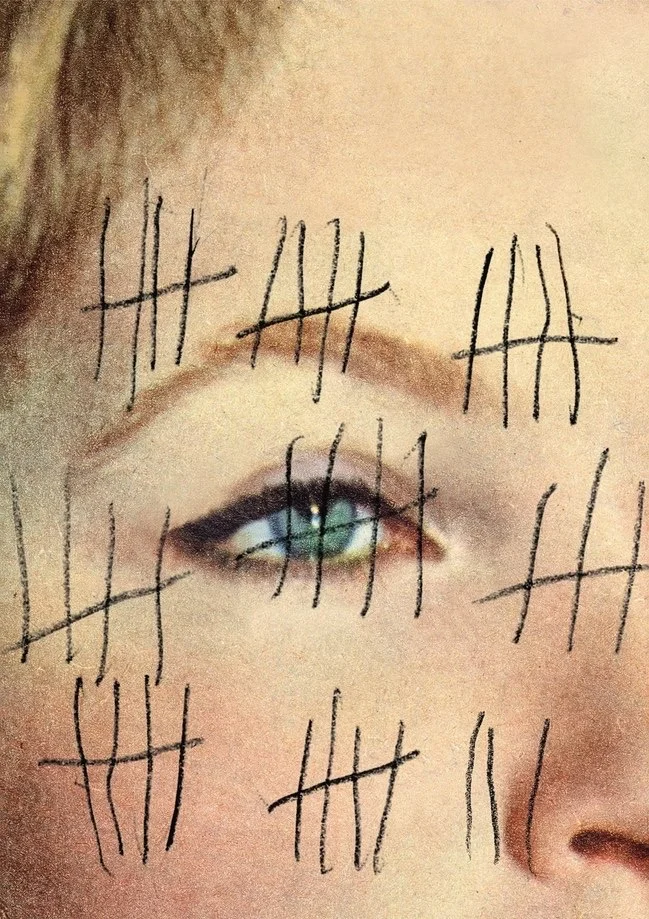Stanville
In 2012, author Rachel Kushner started spending a lot of time in prison because she was curious about the impact that California’s prisons had on broader society. So she toured prisons and talked to inmates, some of whom she befriended. The Mars Room, Kushner’s most recent novel, and its excellent corresponding short story, “Stanville,” are the products of this inquiry.
“Stanville” opens with Gordon Hauser, a naive but well-intentioned G.E.D. instructor at the Stanville Women’s Correctional Facility, convincing himself that “if his students could learn to think well, to enjoy reading books, some part of them would be uncaged.” This sincere thinking doesn’t mesh well with the hardened guards and prisoners, who chide him because he is an outsider, but simultaneously try to manipulate him to smuggle contraband items into the prison. As he gets to know his inmate-students, Hauser’s position becomes morally complicated. His somewhat dull outward appearance doesn’t help the situation, according to the story’s other main character, Romy Hall, who describes Hauser as sporting “a non-ironic mustache and ugly running shoes.”
Bizarrely, the narrative shifts from the third to the first person--and remains that way for the remainder of the story--when Hall chronicles her happenstantial first meeting with Hauser. This switch allows Kushner to explore being on both sides of the fence. After his initial encounter with Hall, Hauser starts bringing her books to read; their meetings become more personal as they bond over their shared hometown of San Francisco. Hauser develops a fixation on Hall, one that he doesn’t quite own up to but which is noticed by many of the prisoners, including Hall. When Hall challenges his infatuation by asking him to call a number to find her son, the relationship between the two becomes uneasy, leading to the story’s suspenseful ending.
A review of “Stanville” in the New Yorker mentions that the perplexing dynamic between Hauser and Hall is more fully developed in The Mars Room; I would like to have learned more about this. I believe that Hall’s character in particular has a lot of potential for growth: depth would only make her mischievous aura more enticing. The Mars Room also evaluates the politics of prison life more thoroughly through Hall’s eyes and traces Hauser’s character development as he navigates life at Stanville. “Stanville” has been my favorite of the recent collection of stories in the New Yorker that I’ve read, and I definitely recommend it, but I am very interested to see how the story unfolds in the context of a novel. Kushner’s experience in prisons gives enables her to give readers not well acquainted with the details of prison life—which is most of us—a powerful sense of the grim immediacy of life behind bars.
- Max Simon '19
